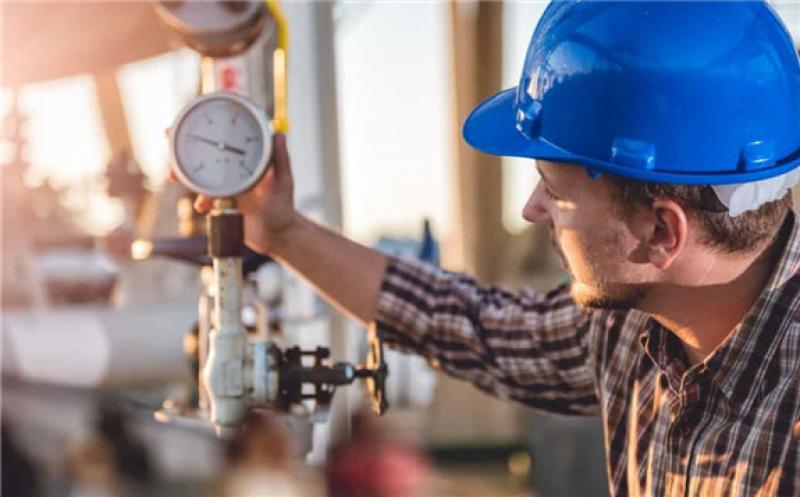The Federal Government will provide $40 million in funding to establish the Future Energy Exports Cooperative Research Centre (FRnEx CRC).

At least $16 million of the funding will be allocated to the planned world-first microscale LNG plant that will form part of the LNG Futures Facility in Kwinana, Western Australia.
The Western Australian Government is providing $10 million over ten years and granting suitable land in the Kwinana industrial precinct to support the development of the LNG Futures Facility. The University of Western Australia has committed up to $15 million for the facility.
The facility will position the state as a global leader in the development and testing of new technologies and processes, with the potential to create up to 1,400 jobs.
Feasibility and engineering studies for the LNG Futures Facility have been backed by The University of Western Australia, Chevron, Shell, Hyundai Heavy Industries and National Energy Resources Australia (NERA).
The LNG Futures Facility will enable LNG companies, contractors, service providers and small-to-medium businesses to test and refine new processes in a live plant environment. The facility is expected to have a capacity of 10t of LNG a day.
West Australia Premier, Mark McGowan, said, “The facility will future-proof WA’s LNG industry and shows the world that Western Australia has the local talent and expertise to help shape the LNG jobs and operations of the future.
“As well as helping to sustain Western Australia’s position as a leading global LNG exporter, the facility will also position us to become the leading global hydrogen exporter, as markets and technology change over the coming decade.”
Minister for Industry, Science and Technology, Karen Andrews, said, “The world’s demand for energy is insatiable and Australia is already dominant, with current energy exports worth nearly $90 billion.
“The FEnEx CRC will further strengthen our export industry by developing technologies to improve the efficiency of existing LNG processes and the development of new exports like hydrogen.
“Importantly, the FEnEx CRC will tap into international interest in lowering the cost of energy production, while at the same time reducing the carbon footprint of the LNG industry.
“This CRC’s research program promises to place Australia’s LNG sector well ahead of the curve by anticipating future changes in our energy mix, improving the competitiveness, productivity and sustainability of Australian industries.”
Minister for Resources, Northern Australia and Water, Keith Pitt, added, “The resources and energy sector is building new infrastructure across regional Australia and developing highly skilled and highly committed local workforces.
“This new CRC will provide the tools for towns and regions to navigate opportunities to create new jobs and development that keep communities strong.”
The Australian Petroleum Production and Exploration Association (APPEA) welcomed the FEnEx CRC to assist ongoing innovation and lower costs in the production and delivery of Australian energy to the world.
APPEA will join with the government as an inaugural member of the CRC.
APPEA Chief Executive, Andrew McConville, said, “The government’s $40 million establishment of the CRC acknowledges the significant role oil and gas exports play in providing energy to our Asian neighbours and in lowering carbon emissions globally.
“As we move to a cleaner energy future, LNG will play a role in powering homes and businesses in our customer countries.
“Our industry is also a significant supporter of new energy sources such as hydrogen.”
The FEnEx CRC will work with industry partners to leverage existing processes and develop new technologies to lower the cost of energy production, while reducing the carbon footprint of our energy export industry.
“We look forward to working with the FEnEx CRC to investigate ways of shaping the Australian energy market into one that is even more efficient and contributes to a cleaner future energy mix at home and abroad,” Mr MConville said.